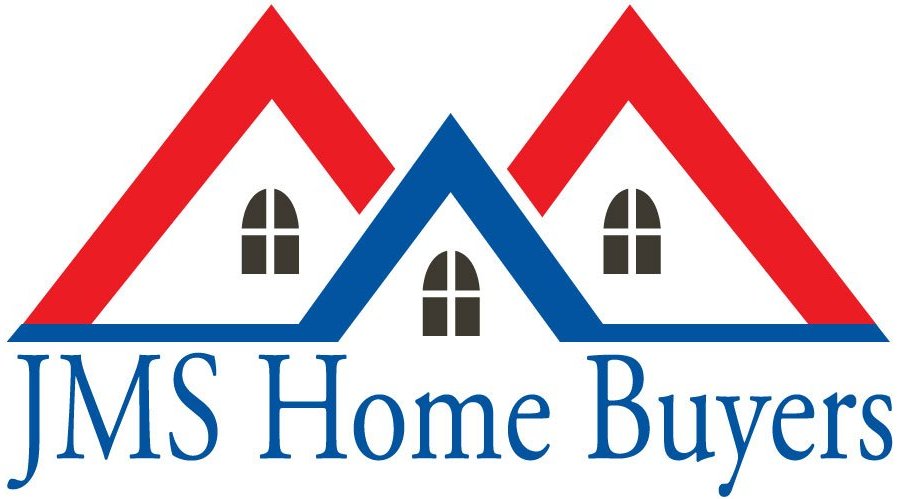
When a homeowner in North Carolina is experiencing financial difficulties and decides to sell their property, they may face two options: a short sale or a foreclosure. Knowing the differences between these two options will help you determine if you should sell your house. A short sale involves selling the property for less than the outstanding mortgage balance with the lender’s approval. On the other hand, foreclosure is a legal process in which the lender takes possession of the property due to the homeowner’s inability to make mortgage payments. Knowing the nuances of these options can help North Carolina homeowners navigate their financial challenges with greater clarity and confidence.
What is Foreclosure?
If you stop paying your mortgage, the lender has the right to reclaim the property. Foreclosure is the legal process a lender takes to take back the property as a means of repaying the amount owned by the borrower. When you fail to make payments on your home the lender can foreclose to recover the money they lent you. The lender assumes ownership and possession of the property, evicting the borrower.
The foreclosure process in North Carolina takes approximately 120 days from the day the initial payment is missed to when the property is sold at a foreclosure sale. However, this timeline may vary depending on various factors, including the lender’s policies and procedures.
These properties are then sold at auction or by more traditional means utilizing the services of real estate agents. A foreclosure will significantly harm a borrower’s credit score, making it challenging to secure a mortgage for several years. Even though homeownership may not be on your mind now, your credit score reflects your creditworthiness and will affect rental applications, car loans, and utility applications, to name a few.
What Is a Short Sale?
A short sale is a real estate transaction where the proceeds from selling the property will fall short of the balance of debts secured by liens against the property. In this scenario, the homeowner still has ownership at the time of the sale, unlike a foreclosure where the bank takes possession of the home then resells it at auction.
The agreement for a short sale is mutually agreed upon by the borrower and lender. The lender agrees to accept a lower amount of repayment than originally agreed upon, allowing the home to be sold for less than the outstanding mortgage balance. However, it’s important to note that the borrower may or may not still owe the unpaid balance (known as the deficiency).
To complete a short sale, you will need to work with a real estate agent who is familiar with the process. The process can take some time, as a few different lending institutions may own the mortgage. All parties who have a stake in the property must agree to the terms of the sale, and a potential deal could fall through if even one lender does not agree.
Weighing the Short Sale vs Foreclosure Options
1. Financial Impact:
- Short Sale: Allows the homeowner to sell their property for less than the outstanding loan amount, potentially minimizing the financial burden compared to a foreclosure.
- Foreclosure: Results in the lender claiming the property through legal action, leaving the homeowner with debt for the remaining balance after the sale. This can impact their credit score and future borrowing ability.
2. Timeline and Control:
- Short Sale: Can be a lengthy process requiring lender approval, but offers more control over the sale and timeline.
- Foreclosure: Is a faster process initiated by the lender, leaving the homeowner with little control over the timeline and sale price.
3. Credit Score and Future Homeownership:
- Short Sale: While still negatively impacting credit scores, is generally less damaging than a foreclosure and may allow purchasing another home sooner.
- Foreclosure: Can severely damage credit scores for several years, potentially making it difficult or impossible to secure a mortgage for a new home for a significant period.
4. Emotional Toll:
- Short Sale: Can be stressful due to the negotiation process, but avoids the forced eviction associated with foreclosure.
- Foreclosure: Can be a highly stressful and emotionally draining experience, leading to displacement and potential legal consequences.
Focusing on Solution
- Talk with your lender and discuss ways that they can work with you on your loan. We offer this service where we can help guide you in the right direction if you run into issues with your lender… just reach out to us on our Contact page and we’ll discuss your situation.
- Attempt a short sale or other programs your lender may have that forgives part of your loan, creates a new / more affordable monthly payment so you can get back on your feet, etc.
- If the bank isn’t willing to work… your best option may be to sell your house. Work with a home buyer like JMS Home Buyers to sell your house fast. If you’re interested, we can look at your situation and make you a fair offer on your house within 24 hours. Just fill out the form on our website.
- Foreclosure. The last resort is to let the house fall into foreclosure. This is not the ideal situation creating more stress and hassles than if you worked with someone to solve the problem. As investors, we are not just buying houses. We are solving people’s real estate problems. It starts with a conversation where we can learn more about your situation.
Understanding the differences between a short sale and a foreclosure is crucial for North Carolina homeowners experiencing financial difficulties. This knowledge can help you make informed decisions that minimize your financial losses, protect your credit score, and provide some control over the situation. Seeking advice from financial advisors or lawyers is essential to fully comprehend each option and determine the best course of action based on their situation.
By knowing your options, you may be able free yourself from experiencing foreclosure. A short sale can stop foreclosure and so can selling your home to a cash buyer in North Carolina. Your situation and the condition of your home will determine which path is best for you.
Have a pending foreclosure? We’d like help.
Give us a call anytime at 704-707-6016

